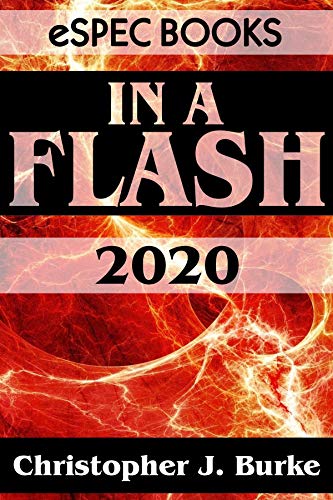Link to Part 1
Link to Part 2
Part 3
32. As shown in the diagram below, a ship is heading directly toward a lighthouse whose beacon is
125 feet above sea level. At the first sighting, point A, the angle of elevation from the ship to the light was 7°. A short time later, at point D, the angle of elevation was 16°.
To the nearest foot, determine and state how far the ship traveled from point A to point D.
Label DC as x and AC as y. To find AD, you need to find (y - x). You have angles and the opposite side. You need to find the adjacent side. Therefore, you need to use tan. Make sure your calculator is in DEGREE mode!
tan(16) = 125/x, x = 125/tan(16) = 435.9268...
tan(7) = 125/y, y = 125/tan(7) = 1018.0433...
Subtract y - x = 1018.0433 - 435.9268 = 582.1165 = 582 feet
33. Triangle ABC has vertices with A(x,3), B(-3,-1), and C(-1,-4). Determine and state a value of x that would make triangle ABC a right triangle. Justify why triangle ABC is a right triangle. [The use of the set of axes below is optional.]
On the graph, plot points B and C. Note that the slope of BC is -3/2. (You can use the formula or just write it out.) Note that the slope of AB must be 2/3 to be perpendicular. Go up 2 over 3, make a point at (0, 1). Repeat up 2 over 3, make a point at (3, 3). Label this A. Draw a line from A to C. You have a right triangle. State that x = 3.
NOTE: you could instead have AC with a slope of 2/3. In that case, point A will not be a whole number. If you use point C and the slope to find the equation of the line, you can find point A, which would be (9.5, 3), making x = 9.5.
34. In the diagram below, AC = DF and points A, C, D, and F are collinear on line ℓ.
Let triangle D'E'F' be the image of triangle DEF after a reflection across line ℓ. Suppose that E is located at B. Is triangle DEF congruent to triangle ABC? Explain your answer.
Let triangle D'E'F' be the image of triangle DEF after a translation along ℓ, such that point D is mapped onto point A. Determine and state the location of F. Explain your answer.
First: Point F' would be at point C after the translation. Because AC = DF and DF = D'F', if D' is at point A then F' must be at point C.
Second: If E'' lays on point B, then by SSS ABC = D''E''F''. Because the translation and the reflection are rigid motions which do not affect the size or shape of the figure, D''E''F'' = DEF. Therefore ABC = DEF. (Note: Every equal sign (=) in this paragraph should be a "congruent" symbol.)
Part 4
35. In the diagram of parallelogram ABCD below, BE ⊥ CED, DF ⊥ BFC, and CE = CF.
Prove ABCD is a rhombus
You can write this as a two-column proof or a paragraph. Look at triangles BEC and DEF. (Highlight them if is makes it easier to see.) Each triangle has a right angle. CF is congruent to CE (given). Angle C is congruent to itself (reflexive). By ASA, triangle BEC = DFC. Therefore, BC is congruent to CD by CPCTC. By definition, a parallelogram with two consecutive congruent sides is a rhombus.
36. Walter wants to make 100 candles in the shape of a cone for his new candle business. The mold shown below will be used to make the candles. Each mold will have a height of 8 inches and a diameter of 3 inches. To the nearest cubic inch, what will be the total volume of 100 candles?
Walter goes to a hobby store to buy the wax for his candles. The wax costs $0.10 per ounce. If the weight of the wax is 0.52 ounce per cubic inch, how much will it cost Walter to buy the wax
for 100 candles?
If Walter spent a total of $37.83 for the molds and charges $1.95 for each candle, what is Walter’s
profit after selling 100 candles?
Volume for 100 candles: 100 V = (100)(1/3)(pi)(r)2(h) = (100)(1/3)(pi)(1.5)2(8) = 1884.9555... = 1885 in3.
Cost is $0.10/oz and the weight is 0.52/in3. Weight = 1885(0.52) = 980.2 ounces Cost = 980.2(.10) = $98.02.
Profit = revenue - cost. He made 100(1.95) = $195. His costs were 37.83 + 98.02 = $135.85. Profit = 195 - 135.85 = $59.15.
End of exam.





















1 comment:
Hey, https://www.blogger.com/profile/03127957096305021521
I charge $500 per message for spam postings. You owe me $1000. Please remit.
Post a Comment